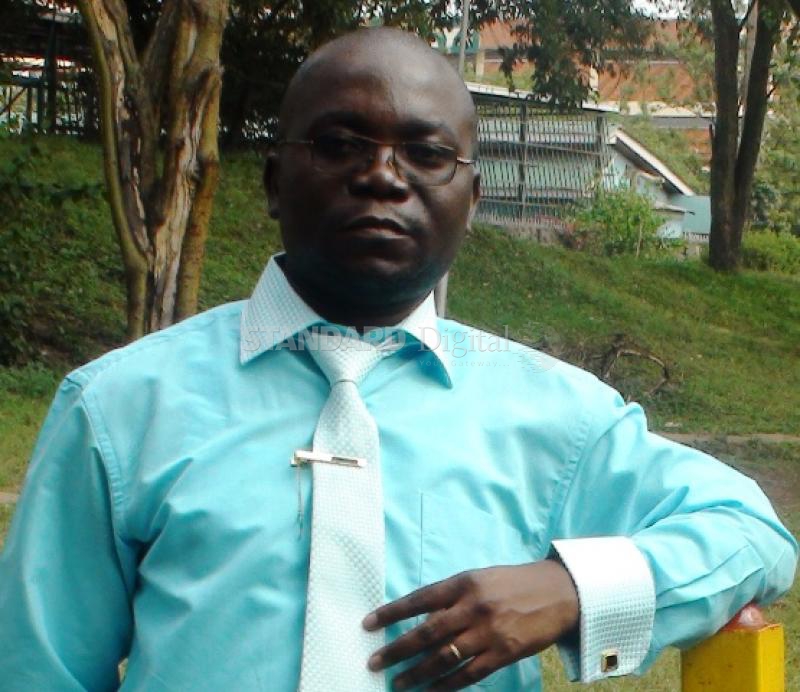
Iceland has been ranked first in the World Economic Forum’s Global Gender Gap Index for the ninth year in a row. But what is their secret to this success in the gender struggle? A look at the history of Iceland reveals that gender equality does not come about of its own accord. It requires the collective action and solidarity of women rights defenders, political will, legislation, gender mainstreaming among others. Like any other community elsewhere, the gender equality journey in Iceland has been influenced by cultural, political, religious, social, academic and economic currents that have washed ashore and been domestically cultivated.
Women’s struggle against discrimination began more than 1,000 years ago and only started to show signs of success in 1914 and 1915 when women were granted the right to vote and vie for political seats in Iceland. However, there was a huge gap between the progressive, rights-based law development and cultural norms and societal reality, which kept men in their place of power. This is the similar scenario for women in developing countries today, who have all manner of laws in place that have been shrouded in cultural norms.